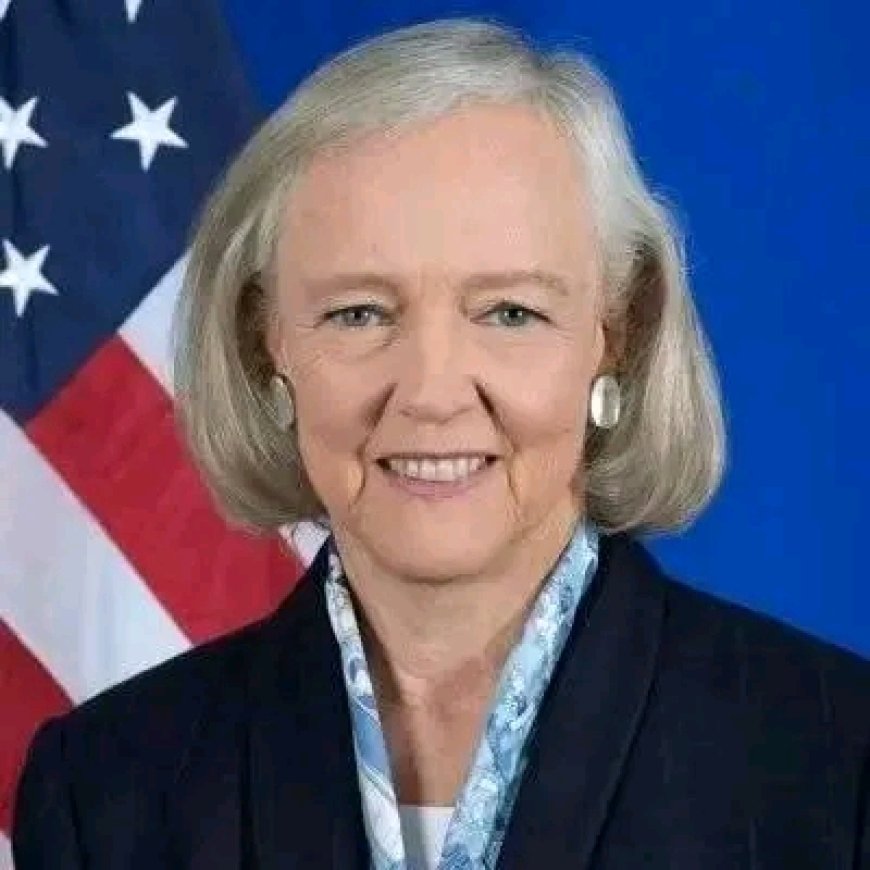IMF Cancels Ksh131 Billion Disbursement to Kenya Amid Fiscal Concerns

By Robert Mutasi
The International Monetary Fund (IMF) has canceled a planned disbursement of Ksh131 billion to Kenya, a move that has heightened concerns about the country's financial stability.
According to the US Ambassador to Kenya, Meg Whitman, the decision, which was expected to be approved as early as June 12, was reportedly put on hold after the Kenyan government's Finance Bill was withdrawn.
"The IMF was going to approve payments on June 12, but when the Finance Bill was withdrawn, they could no longer," Whitman noted during an interview on Citizen TV on Wednesday, August 28, 2024.
The abolition of the payment comes at a difficult time for Kenya, which is facing serious economic challenges, including increasing debt burden and fiscal deficit.
Whitman emphasized the importance of IMF funds for Kenya, urging President William Ruto's administration to implement measures that will address the country's current financial challenges.
"I believe it is important for the payment to be made because Kenya is facing a very difficult situation," the US ambassador added.
Kenya's economic struggles reflect broader issues facing many African nations, which have accumulated huge debts in an era of low global interest rates.
Due to the current rising interest rates, servicing these debts has become increasingly difficult, putting more pressure on national budgets.
"Every country in Africa, including Kenya, is facing a difficult situation. Most loans were taken out when interest rates were near zero. I think Kenya's first priority is not to breach, which is very sensible," Whitman said.
Her comments emphasize the seriousness of the situation and the need for prudent financial management.
The administration of President William Ruto is now under pressure to find alternative solutions to the economic challenges facing the country.
The cancellation of IMF payments not only affects Kenya's current financial position but also its long-term economic outlook.
Without these funds, Kenya may struggle to meet its debt obligations and maintain essential public services, leading to further economic hardship.
As the situation continues, the Kenyan government may need to explore new financial strategies and possibly renegotiate with international lenders to get the financial support needed to stabilize the economy.
The IMF's decision serves as a stark reminder of the importance of sound economic policies and the potential consequences of political and legal actions on a country's financial health.
The Ruto administration's response to this crisis will be crucial in determining Kenya's economic direction in the coming months.
Local and international stakeholders will be closely monitoring how the government is going through this difficult period.
What's Your Reaction?































































































































































































































































































